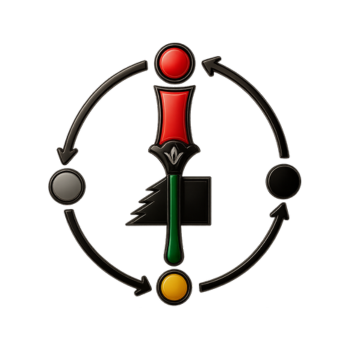-
The religious faiths of Islam and Christianity both came much later and were both established primarily through the strong trade links that existed between the Yoruba and the north-western Hausa/Fulani caliphate from the north, the Turkish traders of the Ottoman empire of the southern Atlantic African coast from the south, the primarily Portuguese and European sailors and traders who plied that same southern Atlantic coast from the south and finally with the strong efforts of the Christian missionaries of both the Anglican and Catholic churches respectively. Both of these two great monotheic faiths of Christianity and Islam eventually took full root in the land and in the hearts and minds of the Yoruba people whilst paganism, the worship of ”ifa” and the practice of our original and more traditional faith was eventually pushed to the back seat even though initially, and for hundreds of years, they were both fiercely resisted.
That is why, till today, it is very rare to find a Yoruba family that does not have Christians, Muslims and adherents of the more traditional and ancient tribal faiths in their ranks. The slow and massive migration of our forefathers from the Middle East, north Africa and north-eastern Nigeria to our own homelands in the south-west are why the Yoruba, together with the northerners of what is presently known as northern Nigeria are generally known as the ”Sudanese Nigerians” whilst the Nigerians from the rest of southern Nigeria, which comprise of the Igbo race and the people of the south-south are generally known as the ”Bantu Nigerians”.
(Chief Femi Fani-Kayode was the spokesperson to President Olusegun Obasanjo; he subsequently became Minister of Tourism & Culture & later served as Aviation Minister for Federal Republic of Nigeria.)

